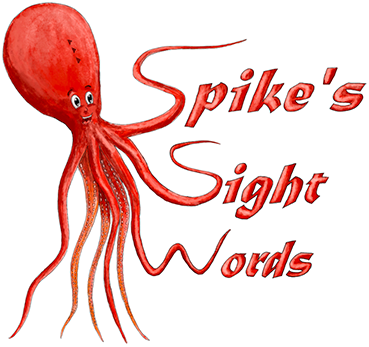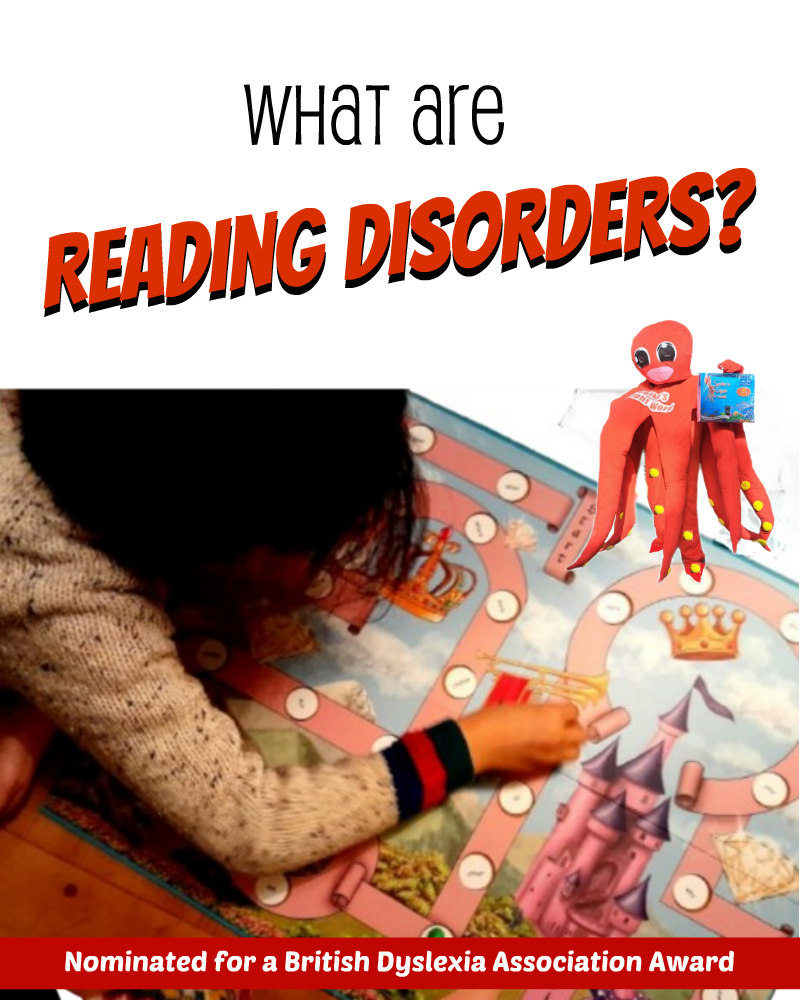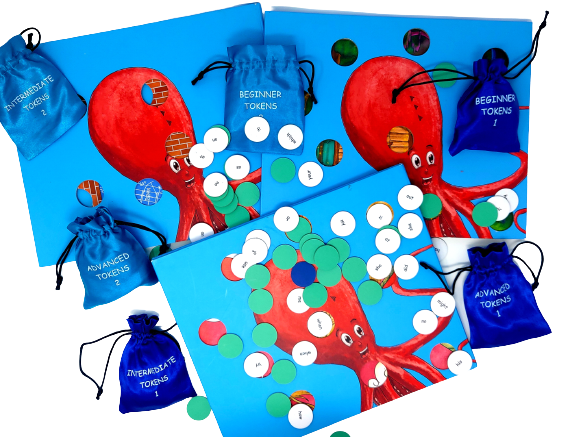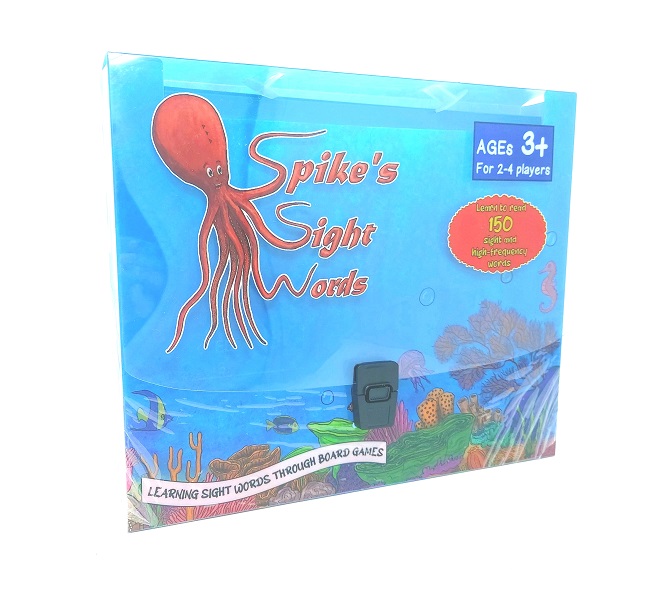Reading disorders occur when a person has trouble reading words or understanding what they read. Dyslexia is one type of reading disorder. It generally refers to difficulties reading individual words and can lead to problems understanding text.
Most reading disorders result from specific differences in the way the brain processes written words and text. Usually, these differences are present from a young age. But a person can develop a reading problem from an injury to the brain at any age.
People with reading disorders often have problems recognising words they already know and understanding text they read. They also may be poor spellers. Not everyone with a reading disorder has every symptom.
Reading disorders are not a type of intellectual or developmental disorder, and they are not a sign of lower intelligence or unwillingness to learn.
People with reading disorders may have other learning disabilities, too, including problems with writing or numbers.






